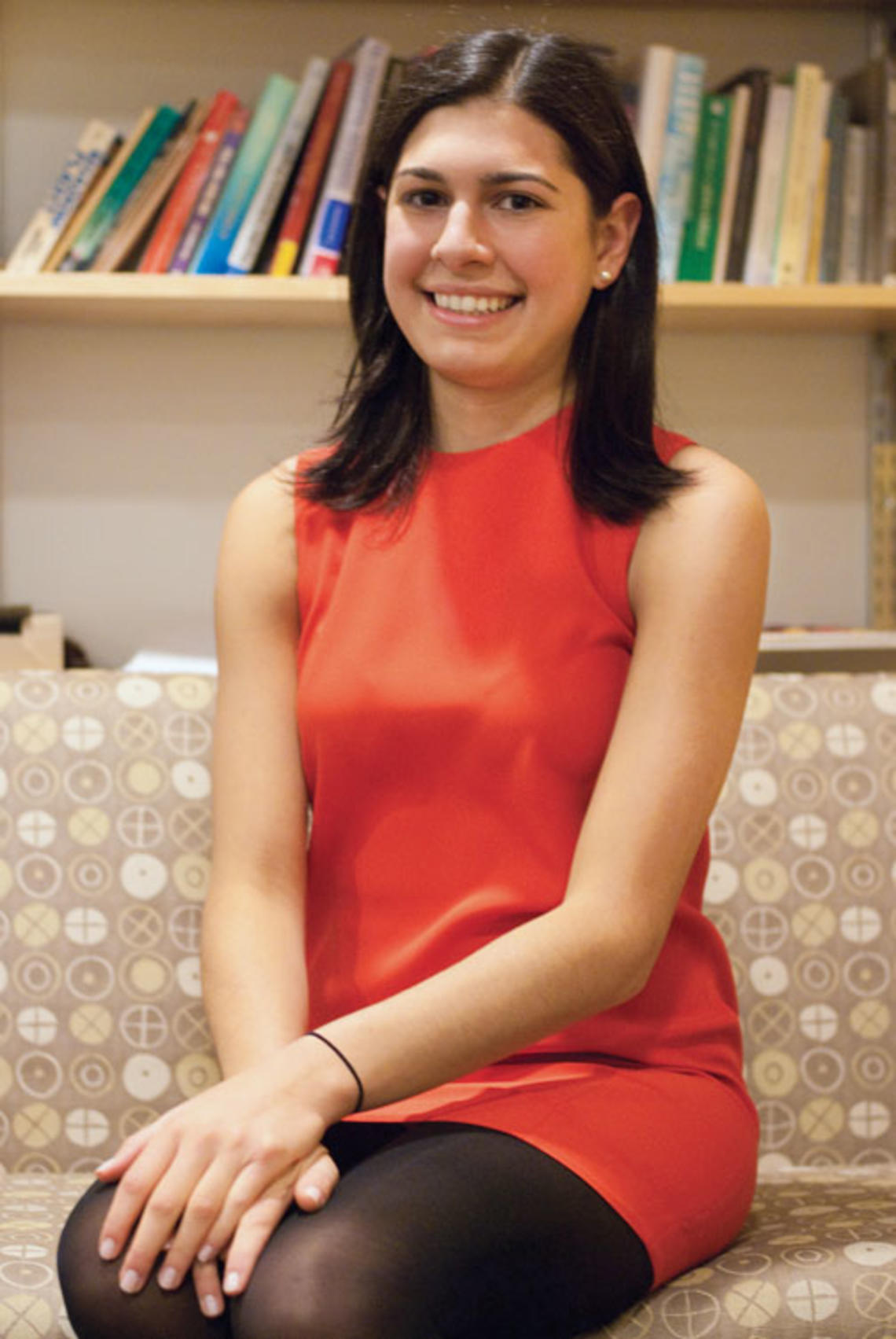
CAROLINE HANAMIRIAN ’13, a Woodrow Wilson School major from Villanova, Pa., is writing her senior thesis on how universities can enhance the pool of high-achieving, low-income applicants through campus-based college-access programs. Hanamirian tutors middle school students at Community House, a Princeton center for disadvantaged minority youth, and said she will continue tutoring after graduation while working for Goldman Sachs. Hanamirian was editor-in-chief of Business Today magazine, held several roles in the Undergraduate Student Government, and directed the Princeton Entrepreneurship Club’s annual business-plan competition. “I ultimately hope to apply my interests in business and entrepreneurship toward education reform,” Hanamirian said.
JAKE NEBEL ’13, from Winter Park, Fla., is a philosophy major with a certificate in values and public life. A Marshall scholar, he will pursue a master’s degree in philosophy at Oxford, and he hopes to become a philosophy professor or a judge. His senior thesis explores the ethical implications of cognitive biases. Nebel cited Peter Singer as one of the professors who has influenced him most, and said the Lincoln-Douglas debates of 1858 taught him that “fundamental questions in philosophy can have a major impact on how we think about public affairs.” Nebel is an undergraduate fellow in the Human Values Forum and a co-founder of the Princeton chapter of Giving What We Can, an international philanthropic group. His papers have been published in academic journals.
JAKE NEBEL ’13, from Winter Park, Fla., is a philosophy major with a certificate in values and public life. A Marshall scholar, he will pursue a master’s degree in philosophy at Oxford, and he hopes to become a philosophy professor or a judge. His senior thesis explores the ethical implications of cognitive biases. Nebel cited Peter Singer as one of the professors who has influenced him most, and said the Lincoln-Douglas debates of 1858 taught him that “fundamental questions in philosophy can have a major impact on how we think about public affairs.” Nebel is an undergraduate fellow in the Human Values Forum and a co-founder of the Princeton chapter of Giving What We Can, an international philanthropic group. His papers have been published in academic journals.
ANGÉLE CHRISTIN, a doctoral student in sociology, is writing her dissertation on the role of online journalism and the future of the press in the United States and France. Christin earned her undergraduate degree from the École Normale Supérieure and holds a master’s degree in social sciences from the École des Hautes Études en Sciences Sociales, Paris. “I have always been particularly interested in ethnography, in meeting people, conducting interviews, and observing the ways in which different individuals and groups make sense of their social world,” she said. Christin published a book in 2008 on the criminal-justice system in France. She plans to find an academic position, saying she hopes “to bring together different trends of research in American and French sociology.”
GEORGE YOUNG, a Ph.D. student in mechanical and aerospace engineering, earned his undergraduate degree at the University of Adelaide, Australia. He is working on the development of biologically inspired robots and control. “We are trying to learn from nature to be able to build smarter and more efficient machines,” Young said. At Princeton, Young has been analyzing the behavior of bird flocks and developing algorithms for robot groups. There are many ways in which robots could be made to do tedious human tasks, he said. “Ultimately, I want to keep pushing the boundaries of what we can do with robots,” he said.
LAURA GANDOLFI, a Ph.D. candidate in Spanish and Portuguese languages and cultures, earned degrees in Spanish and English at the University of Trieste, Italy. She is writing her dissertation on the relationship between material objects and cultural production in 19th-century Mexico — a study of “how objects enter a text of fiction and define it,” and how pre-Colombian antiquities in European collections contribute to Mexico’s cultural consciousness from abroad. Other interests include psychoanalysis, Sephardic literature, and the literature of migration. “Teaching and sharing what I have learned and unlearned is also one of my major future plans,” Gandolfi said.
JIAYING ZHAO, a Ph.D. candidate in psychology, became interested in the field in high school in China, “when I became intrigued about the human mind,” she said. She received bachelor’s and master’s degrees from American College Dublin and now studies perceptions of statistical structure and how people extract information from their environment. She has conducted experiments examining how poverty affects cognitive abilities. “These lines of research have not only produced fascinating insights about cognition, but also reinforced my lifelong passion for exploring the core processes of the mind,” said Zhao. After graduation, she will be an assistant professor at the University of British Columbia.

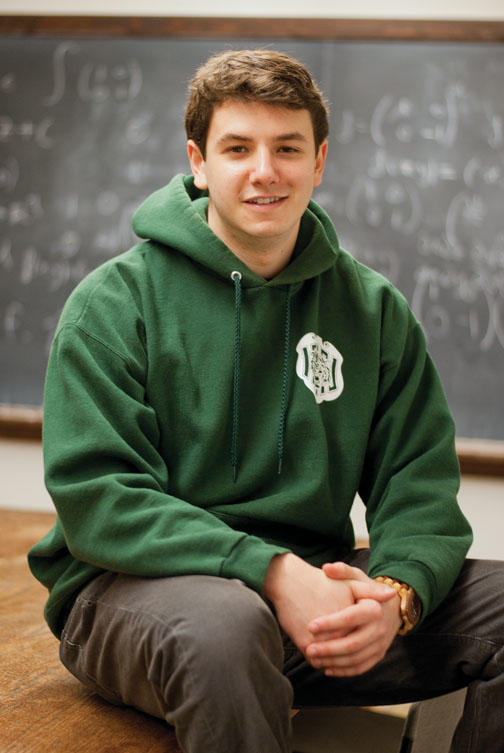
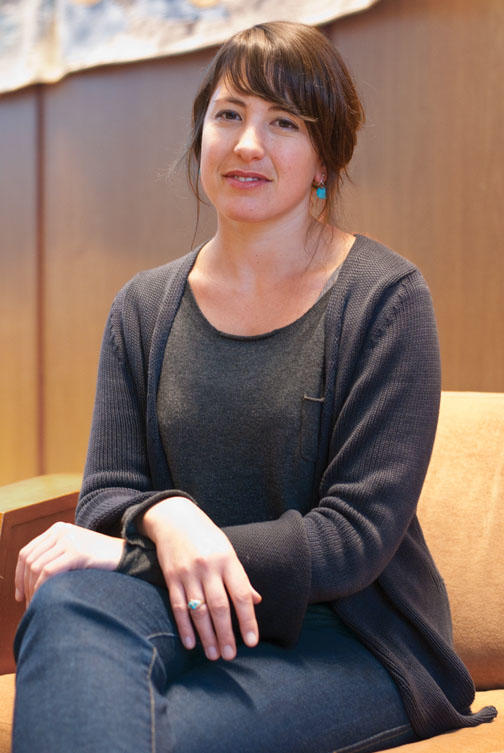
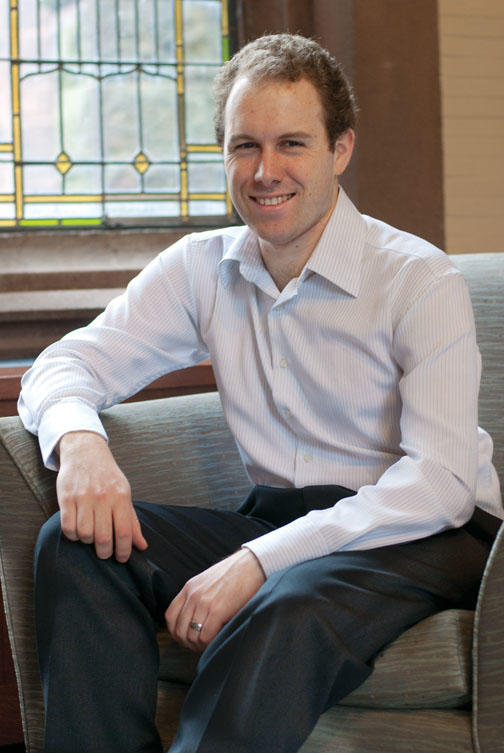
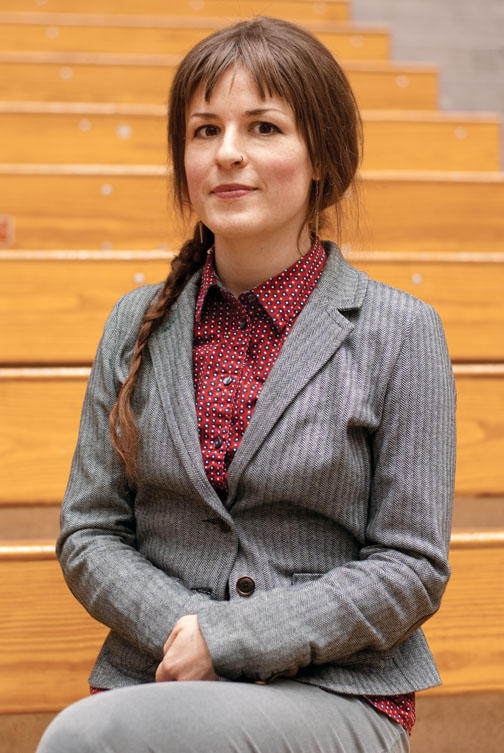
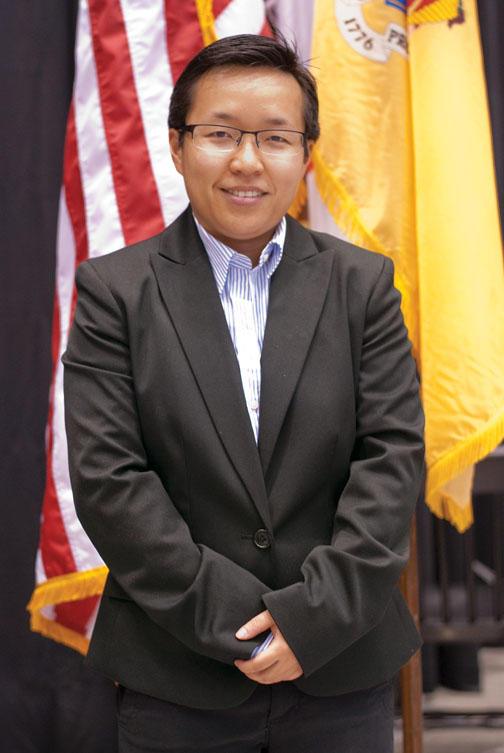





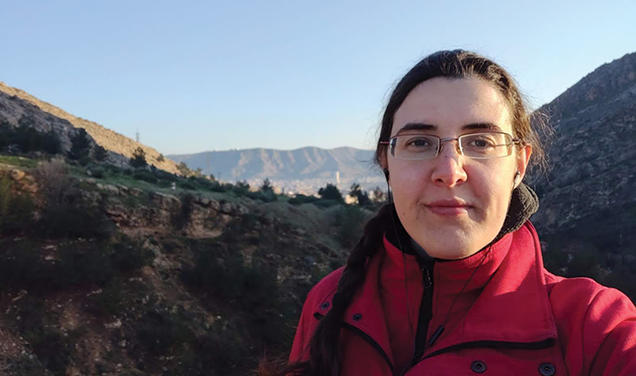
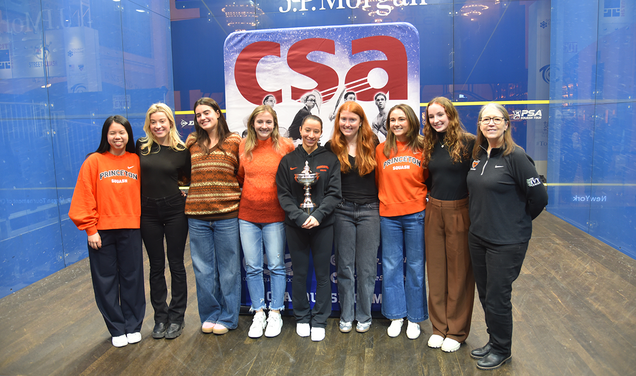


1 Response
Tom Singer ’64
9 Years AgoPondering wealth, service
Given the fact that the increasing unequal distribution of wealth is threatening our nation at its very core, I am not sure how reassuring I find it that Princeton’s best and brightest are going to work at Goldman Sachs and will tutor disadvantaged minority youth in their spare time (Alumni Scene, March 20). Is this simply an oxymoron or the 21st century’s version of “Princeton in the nation’s service,” or both?